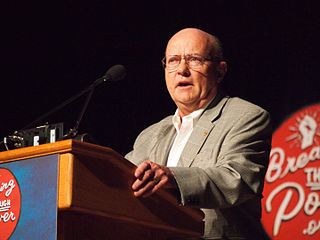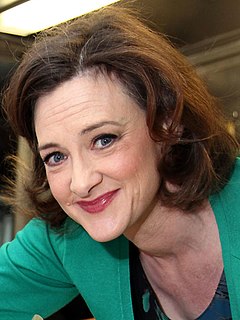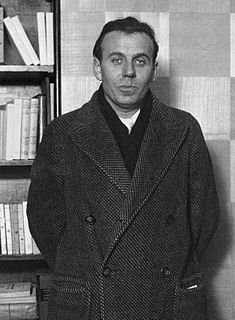A Quote by Kameron Hurley
I've always been interested in the politics of war. War is one of those things that, the longer I studied it, the more illogical it seemed.
Related Quotes
Snowden is not the disease. We don't have traitors or whistleblowers blooming all over because they are some sort of malady. The disease is war. We've been at war now and with no end in sight for over a dozen years, the longest in our history. War breeds tyranny. War breeds people who want to prosecute and persecute those who reveal that tyranny. So what we have is the government becoming more draconian - clearly understandable. It always does in a period of war. And as it becomes more draconian, more and more whistleblowers coming.
I opposed the Suez war, I opposed the Falklands war. I opposed the Libyan bombing and I opposed the Gulf war and I never believed that any of those principled arguments lost a single vote - indeed, I think they gained support though that was not why you did it. What has been lacking in Labour politics over a long period is a principled stand
The intelligence community is so vast that more people have top secret clearance than live in Washington. The U.S. will spend more on the war in Afghanistan this year, adjusting for inflation, than we spent on the Revolutionary War, the War of 1812, the Mexican-American War, the Civil War and the Spanish-American War combined.






































